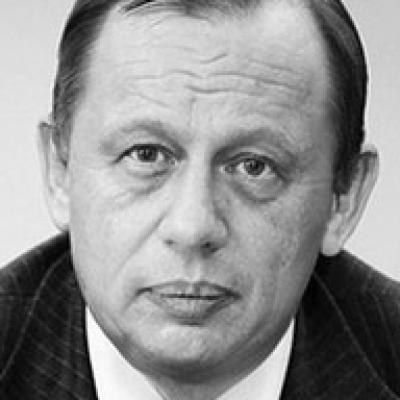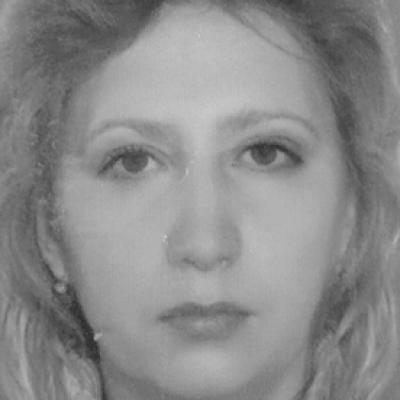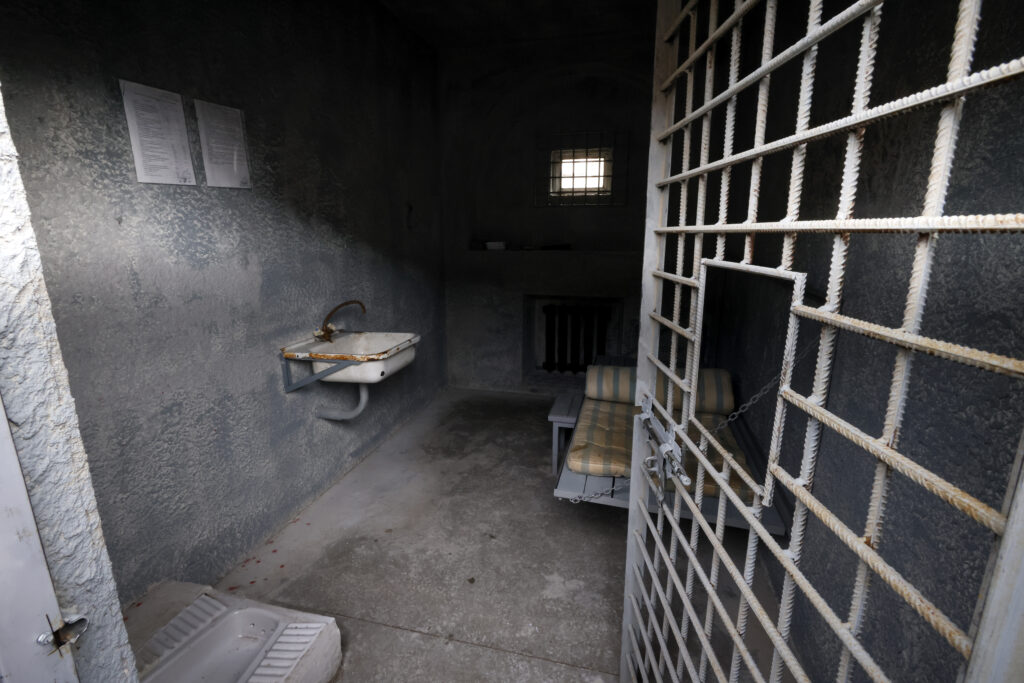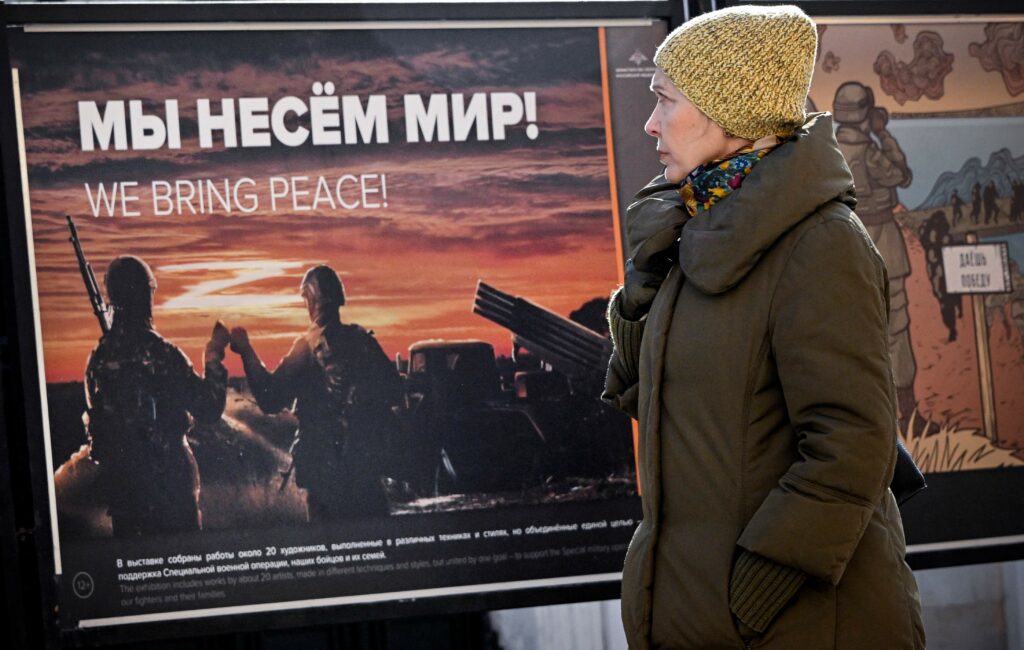A study conducted in May 2020 by the Belanovsky Group revealed that Russian society is divided into “democrats” and “imperialists” (supporters of imperial ideology).
“Democrats” are a group of people committed to civil liberties who believe that an active civil society, rather than a “national leader,” is the key to the success of positive change. The ideological basis is democracy, protest against political manipulation and authorities’ actions that go beyond the legal framework. The bulk of democrats are critical of the Russian government’s policies.
The “Imperialists” stand for the restoration of the Great Russian Empire. From an ideological point of view, among them there are monarchists, supporters of the restoration of the USSR, supporters of Stalin. There are also supporters of a “strong hand” without a definite political marker. Their ideological basis is Russian nationalism, patriotism, imperialism, a negative attitude towards Western democracy, as well as a stake on the use of force as the main tool for managing society. At the same time, some of the imperialists have a negative attitude towards the existing Russian government, accusing it of weakness and inconsistency.
Between these ideological poles are the “apolitical” and people with an eclectic worldview, who will be called undecided below.
An important question is whether the described ideological dichotomy is exhaustive. This issue will be discussed in more detail below.
The previous study had a qualitative method that did not allow determining the size of these segments. We tried to fill this gap in our new work with OMF on the study of political emotions in post-Soviet countries. To study this aspect, a telephone survey of 1,600 people was conducted in June 2020 based on an all-Russian representative sample.
Methodology
To determine the size of these groups, a method was adapted for use in a quantitative survey, consisting of test statements typical for “democrats” and “imperials” (7 statements for each group).
Assigning respondents to one of the ideological segments was according to the prevailing number of statements (prevailing opinion). The methodology is based on Theodor W. Adorno’s thesis on the interpenetration of elements of opposite ideologies into each other.
The respondents choosing an equal number of statements from both lists, and who did not choose a single statement, were “undecided”.
Test questions for assigning respondents to worldview groups
| “Democrats” | “Imperials” |
| I hope that people will start protesting massively and achieve democratic changes in the country. | I am afraid that without Putin, external control will return to Russia, as in the Yeltsin era. |
| I am afraid that after voting on amendments to the Constitution, Putin will remain in power for a long time, which will lead to stagnation and dictatorship. | I am disappointed in the government that does not fulfill its promises and failed to revive the Great Russian Empire. |
| I am afraid that the people will tacitly endure a government that acts only in its own interests. | In difficult times for the country, there are people who call for riots. |
| I am outraged by the idea of amendments to the Constitution. | At the time of the global crisis, there is no strong leader in my country. |
| I do not understand why the people continue to tolerate everything that the authorities do. | I am disappointed in people who listen to the liberal opposition and are trying to undermine the stability of their own country. |
| I am disappointed in a government that does not even try to build a modern democratic country. | President Putin is leading the country in the right direction. |
| I am disappointed in the people who continue to endure the disrespect of the authorities for the people and the laws of their own country. | I hope that people will vote for amendments to the Constitution, Putin will remain in power for a long time and will protect Russia from chaos. |
Since no one before has studied ideological segments in Russian society in this way, the authors regard this technique as experimental. Even so, certain conclusions can be drawn on its basis.
The number and composition of ideological groups
According to the results of the survey, the number of these segments was determined. “Democrats” are quantitatively predominant (44%). The segment of “undecided” is approximately equal to them in number (39%). “Imperialists” are in a clear minority (17%).
In the context of socio-demographic groups, the share of “democrats” is concentrated in more active strata of society: among young people, people with a higher education and residents of Moscow. The share of democrats is lower in the countryside.
Social portrait of democrats and imperials, % of the total



Attitude to Ukraine
The next stage of our work was to study the attitudes of ideological groups to relevant political issues. The criterion for the validity of the method was to be the ability to differentiate the characteristics of these groups.
Within the questionnaire designed to study prevailing emotions, the number of questions suitable for solving this problem was limited. The initial idea was to identify differences of opinion on the example of the attitude towards the Russian government and personally to President Vladimir Putin. However, the methodology for identifying ideological groups already included test questions related to attitudes towards the Russian government, which could call into question the results obtained.
So, the question about the respondents’ attitude to Russian policy to Ukraine was chosen as a validating characteristic; this aspect was not touched upon in the test questions in any way.
The result of the survey showed the technique is workable, since the data differentiated logically and strongly. The “imperials”, as one would expect, were more likely than the “democrats” to approve of Russia’s policy:
- 15% of “democrats” and 66% of “imperials” approve of the policy towards Ukraine (29% were undecided);
- 47% of “democrats” and 8% of “imperials” (27% undecided) do not approve of the policy towards Ukraine;
- 38% of “democrats” and 26% of “imperials” (44% were undecided) found it difficult to name their attitude.
Prevailing emotions in ideological groups
When studying the emotional state of societies, the project team proceeded from the theory of Dominique Moisi, who suggests that fear, humiliation and hope can be vital components of the existence of human societies. The Russian group used an amended version of the questionnaire, which also included emotions like irritation and disappointment, since these were voiced during the May study. In total, the list includes five main emotions, measured by a separate question in the questionnaire.
The study showed the differences in the emotional states of the “democrats” and “imperials” are significant.
- “Democrats” are most typical for the emotions of irritation and disappointment associated with the situation in the country (52 and 51%). To a lesser extent, but still noticeable is the emotion of fear of tomorrow (26%). As for the hope for tomorrow, this is the least characteristic of this group (15%);
- For “imperials”, the prevailing emotion is hope for the future; it is experienced by two-thirds of the respondents in this group (68%). However, the emotions of irritation and disappointment are also not alien to the “imperials”: 29% and 27%. In total, these negative emotions are gaining 56%, which is comparable to the indicator of hope. This confirms the thesis noted above that, within the framework of the imperial worldview, some respondents support the government, and some are in opposition to it, believing that it does not uphold imperial ideals well.
- Finally, the “undecided” experience hope for tomorrow (32%). But at the same time, they experience complex negative emotions associated with humiliation, irritation and disappointment (27%, 28% and 30%, respectively). It can be assumed that the “undecided” have a reduced share of ideology and an increased share of social reasons for choosing emotions, but this hypothesis requires testing.
The results of the poll did not confirm the hypothesis about the difference in incomes of the “Democrats” and “Imperials”, which could affect the ratio of emotions. The average per capita income of democrats turned out to be slightly higher than that of the imperials, but this difference is insignificant: 46 thousand rubles against 41 thousand (44 thousand for undecided). Differences in their socio-demographic characteristics could have a certain impact on the incomes of democrats and imperials.
Prevailing emotions in worldview groups,% of the number of statements (the amount exceeds 100%)



Conclusions and hypotheses
The results of the study confirmed the hypothesis of the existence in Russia of opposing ideological groups with polarised political orientations — democrats and imperials. Democrats are numerically predominant, with a share of about 2.5 times that of Imperials. Taking into account the socio-demographic composition of democrats (the predominance of young people and people with higher education), their share in society will grow.
The political attitudes of the Democrats differ from those of the Imperials. In particular, a minority of Democrats (15%) approve of Russia’s policy towards Ukraine. This question can serve as a marker of the attitude of the democrats to the foreign policy of the Russian authorities in general.
An unanticipated result of the study is that the outnumbered Imperials have a strong emotion of hope for tomorrow. The study leaves open the question of whether their optimism is situational, related to the amendments to the Constitution (the survey was conducted before the final adoption of the amendments, but the “imperials” could believe in its positive outcome). Or whether their belief in the revival of the Great Russian Empire (in the Soviet or pre-Soviet version) is strong and inspires them with hope. Another unclear question is whether the hope for the future is associated with the personality of President Putin, or is it inherent in this worldview group for more fundamental reasons. It is also unclear how the events in Khabarovsk, as well as the possible unification of Russia and Belarus, may affect their emotional mood.
Above, we said the Democrats-Imperial dichotomy is not exhaustive as there are second-level ideologies. In the May survey, we noted that among the Democrats one can identify “liberals” and “socialists”, presumably with a predominance of the latter. In the gap between them, there is obviously a group of eclectics and undecided. Today, the difference is masked by general democratic opposition, but if the political situation changes, it may come to the fore.
Knowledge of ideological processes in Russian society requires a deeper understanding of this issue. Its relevance lies in how the existing ideological balance in society will determine the policy vector of the Russian government. It should be noted with regret that today no one is studying this issue, though it may become relevant in future. Some sociologists (not always explicitly) are inclined to equate the decline in the government’s ratings with the growth of democratic sentiments. But if we take into account the whole spectrum of ideological sentiments, the real situation could be more complicated.











